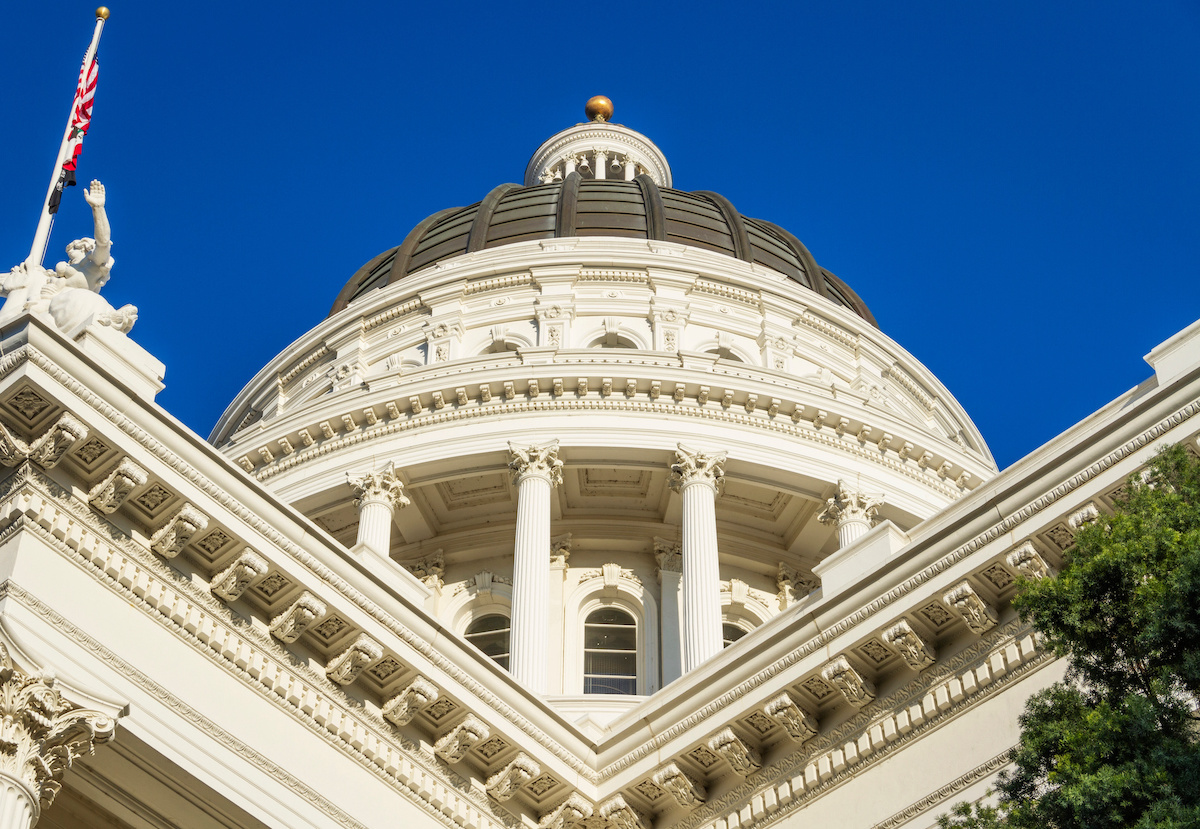The California legislative session, which convened last December, adjourned on Sept. 14. The session saw the introduction of over 2,600 bills, the most in a decade. Approximately 900 of these bills made their way to Governor Gavin Newsom’s desk for his consideration by the Oct. 14 deadline for him to act, and the governor ended up signing 890 bills and vetoing 156 on Oct. 13. Here are the most significant bills and updates regarding healthcare:
Minimum Wage for Healthcare Workers (SB 525)
This bill increases the minimum wage for healthcare workers at incrementally higher rates. For large health facilities and dialysis clinics, the hourly minimum will be $23 in the upcoming year, $24 by 2025, and $25 by 2026. Community clinics will see an increase to $21 by 2024, $22 by 2026, and $25 by 2027. Workers at other health facilities will see their hourly rates increased to $21 in 2024, $23 by 2026, and $25 by 2028. It’s projected that the wage increase will benefit around 469,000 workers. This includes those earning just above $25, who are likely to see a related rise in their pay, based on a study from UC Berkeley’s Labor Center. The bill has been passed and signed by the governor.
Ambulance Off-Load Times (AB 40)
This legislation mandates the creation of a digital signature system to mark ambulance arrival and patient handover times. It also requires local EMS agencies to ensure that 90% of patient transfers from ambulances to hospitals occur within 30 minutes by July 1, 2024. The bill has been passed and approved by the governor.
Behavioral Health Infrastructure Bond Act of 2023 (SB 326 and AB 531)
The Behavioral Health Infrastructure Bond Act of 2023 is a two-part legislative plan. SB 326 proposes changes to the Mental Health Services Act (MHSA), established by Proposition 63 in 2004. The proposition introduced a 1% tax on incomes over $1 million to support county mental health services. SB 326 aims to rename the MHSA to the Behavioral Health Services Act (BHSA) and extend its scope to cover substance use disorder treatments. Additionally, the bill would modify how counties allocate the tax revenue and enlarge the oversight commission’s membership.
AB 531 places a $6.38 billion bond measure, along with certain provisions of SB 326, on the 2024 March 5 primary ballot. The $6.38 billion bond includes:
- $1.05 billion for permanent supportive housing for homeless veterans who have mental health or substance abuse disorders,
- $922 million to fund permanent supportive housing for people who are experiencing or at risk of homelessness and have behavioral health needs; and
- $4.393 billion for grants for behavioral health treatment and housing eligible under the Behavioral Health Continuum Infrastructure Program.
The joint bills have been passed and signed by the governor.
Occupational Safety and Health Standards (AB 1107)
AB 1107 proposes changes to the workers’ compensation system for post-traumatic stress injuries. Starting January 1, 2024, coverage will expand to include more members of the Department of Corrections and Rehabilitation, specifically those from the Office of Correctional Safety and the Office of Internal Affairs. The bill has been passed and signed by the governor.
Universal Healthcare (SB 770)
SB 770 advances California toward a unified healthcare financing system, potentially including a single-payer system. The bill instructs the Secretary of the California Health and Human Services Agency to collaborate with the federal government on a waiver framework for a comprehensive healthcare system, encompassing medical, behavioral, pharmaceutical, dental, and vision benefits without cost-sharing for essential services. The secretary is required to engage stakeholders, provide interim reports to legislative committees, draft the waiver framework by June 1, 2025, and submit a finalized framework by November 1, 2025. The bill also outlines the Legislature’s views on the importance of a unified healthcare financing system. The bill has been passed and signed by the governor.
Insulin (SB 90)
SB 90 was intended to make insulin more affordable. Under the bill, starting January 1, 2024, healthcare plans would have been unable to charge over $35 out of pocket for a 30-day insulin supply, and high deductible plans would have been unable add extra costs for insulin. Violations would have resulted in penalties, and the state would not have reimbursed any costs mandated by this act. The bill was vetoed by the governor.
Stop Dangerous Pharmacies Act (Assembly Bill 1286)
AB 1286 modifies California’s Pharmacy Law, empowering a pharmacist in charge to adjust staffing for safety reasons and mandating chain community pharmacies to always have dedicated pharmacy staff on hand. It expands the roles of pharmacy technicians, allowing them to administer vaccines and handle certain prescription tasks. Consulting pharmacists for clinics will be required to complete regular self-assessments. The bill also broadens the definition of unprofessional conduct and authorizes fines of up to $5,000 per violation. This bill was passed and approved by the governor.
Added Paid Sick Days (SB 616)
Beginning in 2024, SB 616 requires employers to offer workers five paid sick days, up from the previous three. While supporters initially sought seven days, this was reduced during the appropriations process. The bill also safeguards unionized workers from retaliation but omits provisions granting railroad employees unpaid sick leave. The bill has been passed and signed by the governor.
Involuntary Treatment (SB 43)
SB 43 broadens the definition of “gravely disabled” to ease involuntary treatment. Beyond the 1967 act’s focus on basic needs due to mental illness, SB 43 includes those neglecting medical care or personal safety, and covers severe substance abuse and chronic alcoholism. The bill has been passed and signed by the governor.



